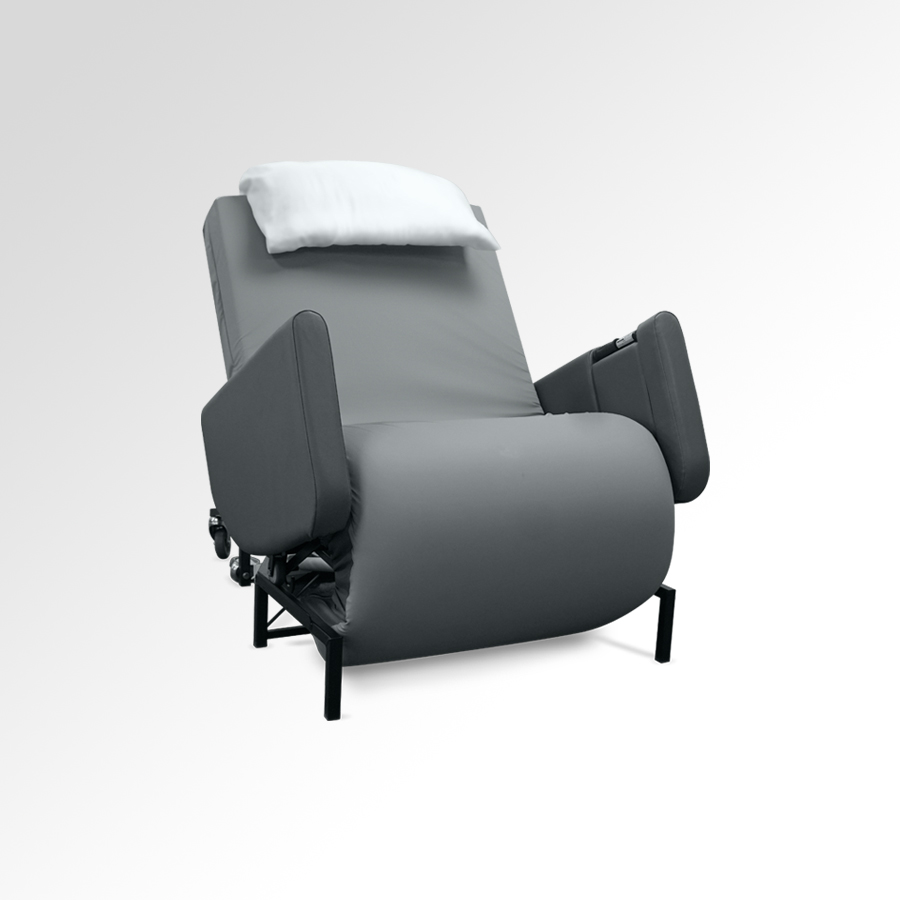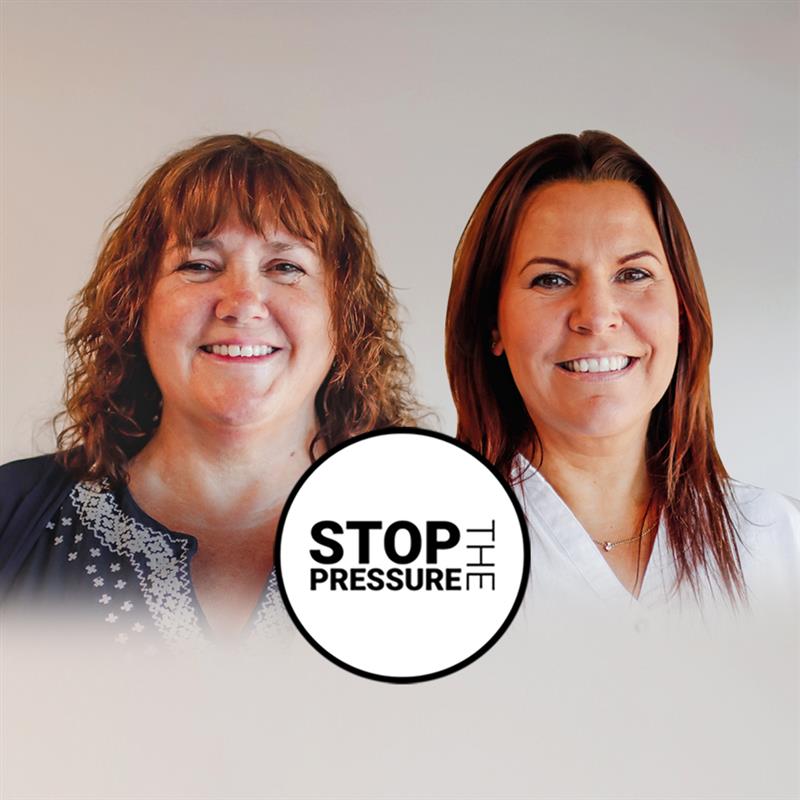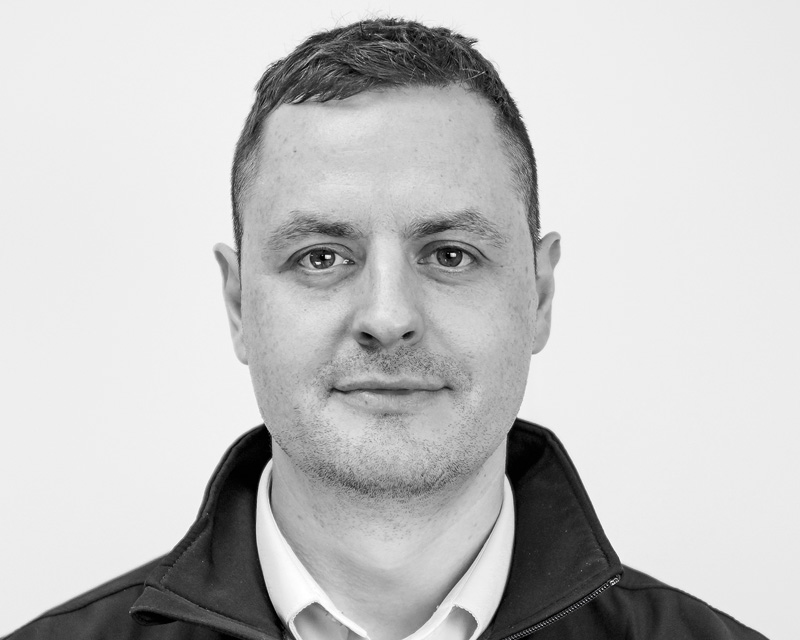Putting safety first
This World Patient Safety Day, we have been reflecting on what matters most in healthcare: keeping people safe.
At Accora, safety isn’t just a design feature– it’s a mindset. From reducing fall injuries to supporting better posture and dignity, our solutions aim to protect patients, empower carers, and prevent harm.
This year, we launched a 3-part campaign to celebrate the people, products, and practices making care safer. Here’s what we shared– and what we learned from our community.
1. FloorBed: Lower beds, fewer injuries
Falls are the leading cause of injury in long-term care settings. Our FloorBed is designed to lower the risk– both literally and clinically.
Key safety features:
- Ultra-low height (just 71 mm from the ground) reduces injury from falls
- Safer transfers for both patients and carers
- Attractive design that promotes dignity, not dependency
'Her family are less anxious, knowing that she is safer and more secure'
Read how the FloorBed reduced the risk of bed falls injuries by turning falls into rolls, providing peace of mind for Susan’s family: https://accora.care/customers/customer-stories/susans-story-overcoming-the-impossible
With safety built into its form and function, the FloorBed demonstrates how small innovations can lead to life-changing outcomes.
2. Configura seating: Posture as prevention
Seating might not be the first thing that comes to mind when you think of safety– but it should be.
Poor posture can lead to instability, pressure injuries, and increased fall risk. Our Configura chairs are designed to promote correct posture, reduce injury, and support carer safety.
Why it matters:
- Tilt-in-space reduces shear and pressure
- Configurable features adapt to individual needs
- Transfer-friendly design lowers risk for carers
'This chair has transformed my life'
Read how the Configura Rise & Recline enhanced Maria’s independence and reduced shoulder pain here: https://accora.care/customers/customer-stories/marias-story-transforming-my-life
Better seating leads to better outcomes– not just in comfort, but in long-term safety.
3. Safety by design: How we build with purpose
Every product at Accora is shaped by a single question:
“How does this improve safety?”
That focus informs every stage of development– from early sketches to real-world testing with frontline teams.
We test our products in real environments, using real feedback, to solve real problems. Because when design meets care, everyone benefits.
We spoke to Accora's Innovation department to explore how they keep safety at the heart of new product design:
'At Accora, innovation isn’t just about creating new products- it’s about creating products that truly make a difference in people’s lives. And when it comes to medical devices, there’s one principle that guides every idea, every design, and every decision we make: safety.
Bringing a new idea to life is a journey. Along the way, we create prototypes, test them, and refine them with feedback from real users. Each stage helps us understand not only how well the product works, but also how safe and intuitive it feels in real-world use. By the time a product is ready for launch, it has been through multiple layers of checks and refinements to make sure it’s something people can trust.
Ultimately, safety is about people. Whether it’s a carer using one of our products or someone relying on it every day, we design with their needs front and centre. Innovation for us means creating devices that are not only effective, but also reassuringly safe, reliable, and easy to use.
We believe the most exciting innovations are the ones that people can depend on. By keeping safety at the heart of everything we do, our Innovation department ensures that each new product reflects not just our creativity, but our responsibility to the people who matter most- those who use our products every day.'
- Andrew Elliott, Design engineer at Accora
4. Your voice: What the care community shared
As part of our campaign, we asked our LinkedIn community:
What’s your #1 daily practice for promoting patient safety?
Poll results:
- Fall risk assessments – 0%
- Equipment safety checks – 9%
- Communication with families/patients – 55%
- Staff handovers and training – 36%
We also received some fantastic insights from care professionals:
'I think that the use of training and handovers is so important. Part of my role is to ensure that OTs and carers know how to use the products correctly and get the most out of our chairs to benefit the end user, make sure that they are safe and that we are preventing secondary complications such as pressure injuries and postural deformities.'
- Jayne Brewer, Occupational Therapist
'Communication with patients is key. I find so much of what we do with the people we work with is only effective if they understand and can invest in the recommendations. Without effective communication this is always going to be limited - how many times have I asked someone if they use the tilt function on their chair, for them to remark 'I didn't know it did that!'. So now I always try to ensure that the people who I am working with know what I am trying to achieve and how I am aiming to do this. This includes checking their level of understanding and investing time into achieving this.... My second most important practice would be training and handovers- the carers implementing our recommendations need to have the knowledge and skills to do so. This requires effective training and hand over!'
- Jenny Rolfe, Consultant Occupational Therapist
Safer together: Patient safety is a shared responsibility – and a daily commitment.
At Accora, we’ll continue designing with that responsibility in mind. From fall prevention to safer seating, we’re proud to support the professionals and families working to keep care safe, supportive, and human.


Book a FREE joint visit
We offer joint visits at your service user’s home for the Accora product range. Our Product Specialists recommend the minimum specification to meet the clinical need of your service user and work up from that as directed by the prescriber.





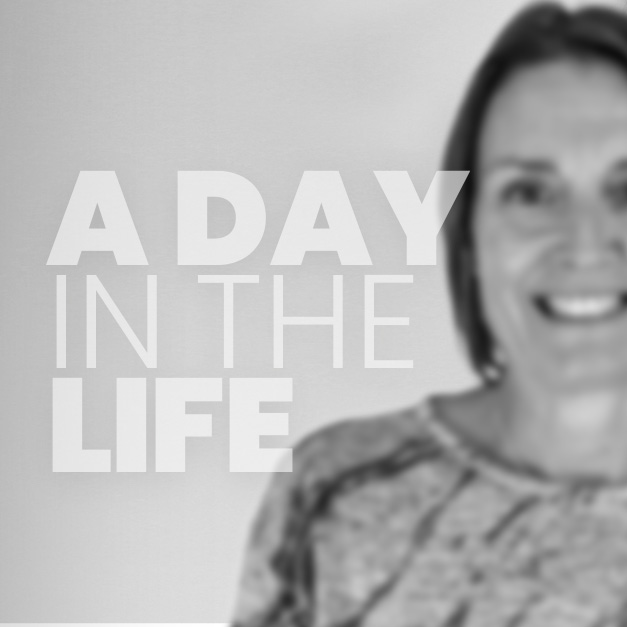
.jpg)


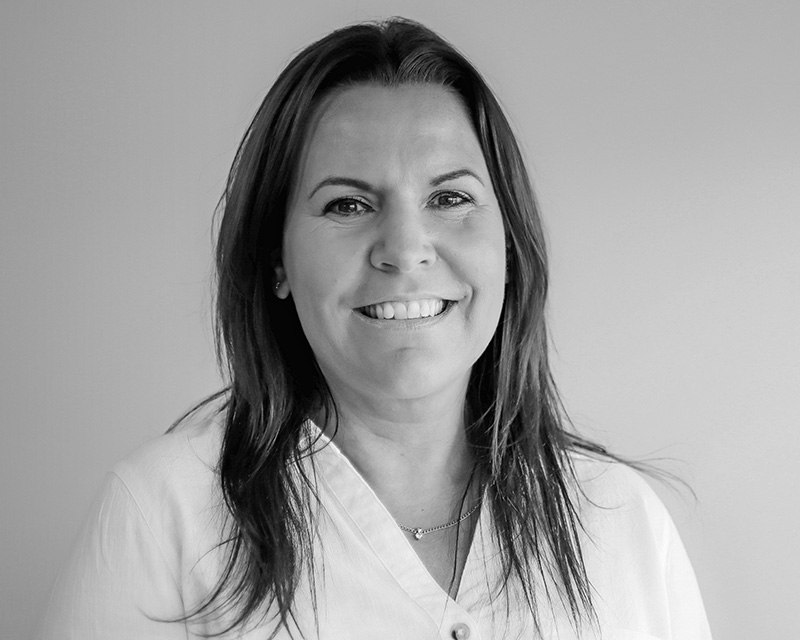

.png)

